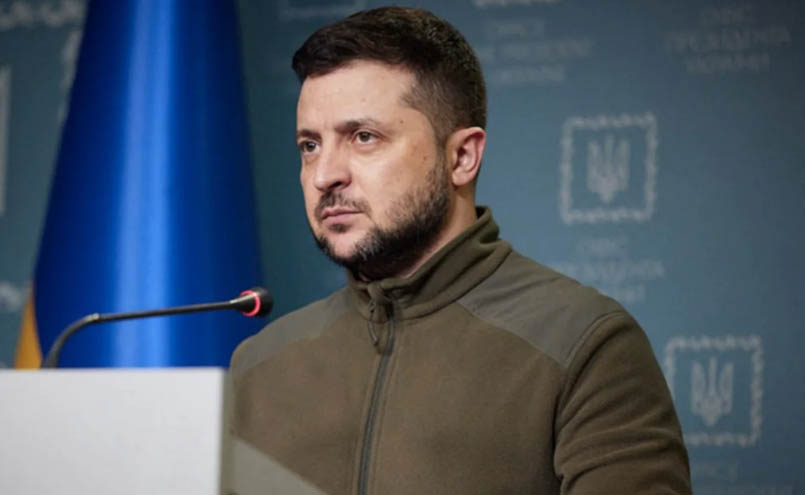The Biden administration is set to announce its final Ukraine Security Assistance Initiative (USAI) package in the coming days, which will exhaust the remaining funds allocated for purchasing new weapons for Ukraine, according to two sources familiar with the matter. A third source noted that the package will include air defense interceptors and artillery munitions, with the full details expected when the announcement is made. The total value of the package is estimated to be approximately $1.2 billion.
Unlike drawdowns that provide weapons directly from U.S. military stockpiles, the USAI funds procure military equipment from defense contractors or international partners, which means the delivery of these weapons to Ukraine could take months or even years.
The package may represent one of the final acts of direct U.S. military support for Ukraine as Kyiv braces for the inauguration of President-elect Donald Trump. Trump has questioned the scale of U.S. military aid and pledged to end the Ukraine war within 24 hours of taking office on January 20.
Since the beginning of Russia’s invasion in February 2022, the United States has provided approximately $175 billion in total assistance to Ukraine, including about $61.4 billion in security aid. Of this, roughly half has come through the USAI program, with the remainder supplied through presidential drawdown authority. Currently, $5.6 billion remains available under this authority.
Both the State Department and the Pentagon declined to comment on the pending USAI announcement, maintaining their policy of not discussing security assistance packages before they are officially revealed.
The USAI program has benefited U.S. defense contractors, creating new revenue opportunities. For example, L3Harris Technologies received an order for its VAMPIRE (Vehicle-Agnostic Modular Palletized ISR Rocket Equipment) counter-drone systems under the USAI program in August 2022. The company delivered the first four units within a year and has since fulfilled additional orders.
Despite these efforts, concerns persist about the continuity of U.S. assistance to Ukraine. President-elect Trump has frequently questioned the extent of American involvement in the conflict, arguing that European allies should shoulder more of the financial burden. This skepticism is shared by some of his Republican allies, who will control both the House and Senate starting next month.
Though past bipartisan support in Congress has ensured sustained aid for Ukraine, the upcoming Trump administration’s policies have raised doubts among Washington’s pro-Ukraine advocates about the long-term future of U.S. involvement in the war.
 Telegram is where we really talk. Don't miss out!
Telegram is where we really talk. Don't miss out!






